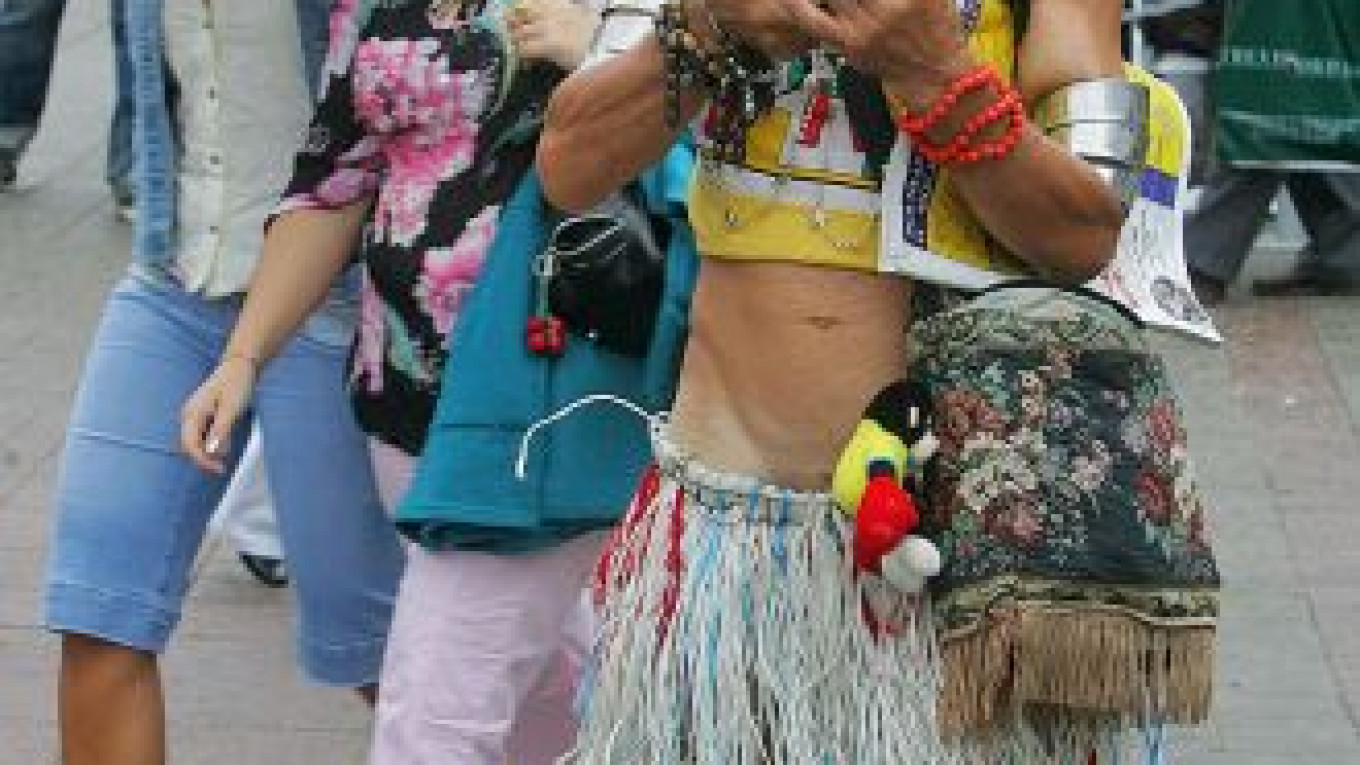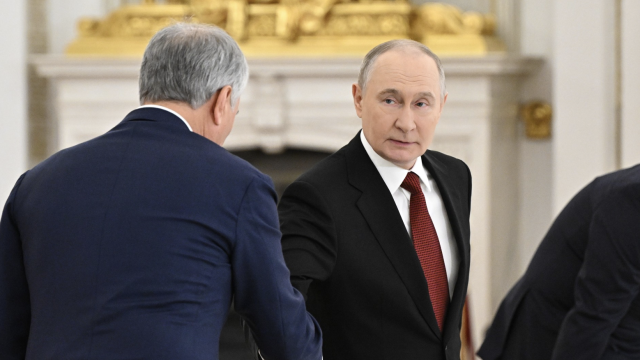Moscow authorities are preparing an etiquette handbook for foreigners that advises them to speak in Russian, not to walk around the city in national attire and to avoid slaughtering sheep in the courtyard of their apartment building.
City Hall is collaborating with diasporas and scientists to create the “Muscovite’s Code,” a list of nonbinding behavior guidelines to be presented to every foreigner who moves to Moscow.
“There are unwritten rules that residents of our city are obliged to follow, such as not slaughtering sheep in the backyard, not grilling shashliks on the balcony, not walking around the city in national attire, and speaking in Russian,” Mikhail Solomentsev, head of City Hall’s committee for interregional cooperation and national policy, told Rossiiskaya Gazeta.
“Now we want to develop a code to speed up the integration of migrants who take up permanent residency in Moscow,” Solomentsev said in an interview published Wednesday.
“We have asked Moscow diasporas themselves to draft the rules. We’ll study their suggestions and consult with scientists to create the ‘Muscovite’s Code,’ so to speak. When a person moves to Moscow, he will receive a book from his countrymen to tell him what is acceptable here and what is not,” he said.
Solomentsev first announced plans for the “Muscovite’s Code” in 2008, but the idea was put on the back burner.
It is a rare sight to see foreigners walking around Moscow in national costume, and sheep slaughtering is unheard of, except at special locations during Islamic holidays.
Yulia Vaidakova, a spokeswoman for Solomentsev, said Wednesday that she could not disclose any additional details at the moment.
But Ekho Moskvy radio reported Wednesday that the code might be completed by early next year.
Representatives of diasporas contacted by The Moscow Times were cautiously optimistic about the project, which they said may help new migrants integrate, but they warned that it must not infringe on their rights to follow their traditions.
Gavkhar Dzhurayeva, head of the Migration and Law Center, praised the call for dialogue but said “the absurdization” of the discussion might result in serious matters, such as the proper treatment of migrants, being dropped in favor of more controversial issues.
“The idea of a common code for everyone is great, but it must not be reduced to a false intrigue such as dress style, eating habits and behavior patterns,” said Dzhurayeva, who is the former head of the Tajikistan Foundation.
Eldar Guliyev, executive director of the All-Russian Azeri Congress, said people who move to a big city from a village — which includes Russian citizens as well as foreigners — really require help in integrating, but the new norms should be “delicate.”
“Rules are needed, but they must not be something the officials can use against a person’s rights,” he said.
Solomentsev said the handbook would preserve Moscow’s way of life.
“Moscow’s lifestyle is based on Russian culture and centuries-old traditions, and everyone moving to the city must reckon with this,” Solomentsev said.
But he added that Muscovites are “a community that is bigger than a nationality because it is a tangle of various cultures.”
Solomentsev also said the city has more migrant workers than it needs.
A Message from The Moscow Times:
Dear readers,
We are facing unprecedented challenges. Russia's Prosecutor General's Office has designated The Moscow Times as an "undesirable" organization, criminalizing our work and putting our staff at risk of prosecution. This follows our earlier unjust labeling as a "foreign agent."
These actions are direct attempts to silence independent journalism in Russia. The authorities claim our work "discredits the decisions of the Russian leadership." We see things differently: we strive to provide accurate, unbiased reporting on Russia.
We, the journalists of The Moscow Times, refuse to be silenced. But to continue our work, we need your help.
Your support, no matter how small, makes a world of difference. If you can, please support us monthly starting from just $2. It's quick to set up, and every contribution makes a significant impact.
By supporting The Moscow Times, you're defending open, independent journalism in the face of repression. Thank you for standing with us.
Remind me later.







